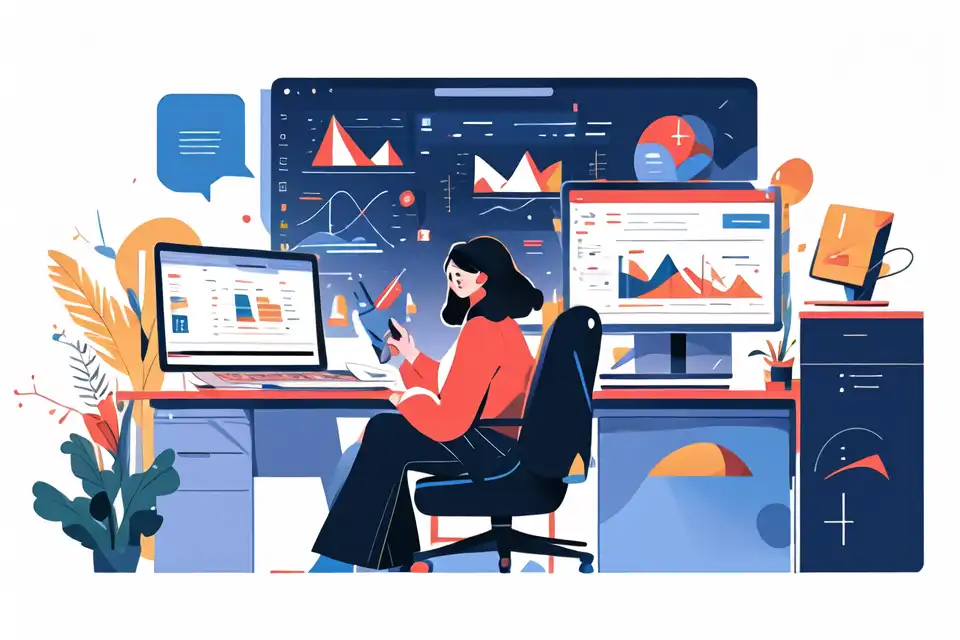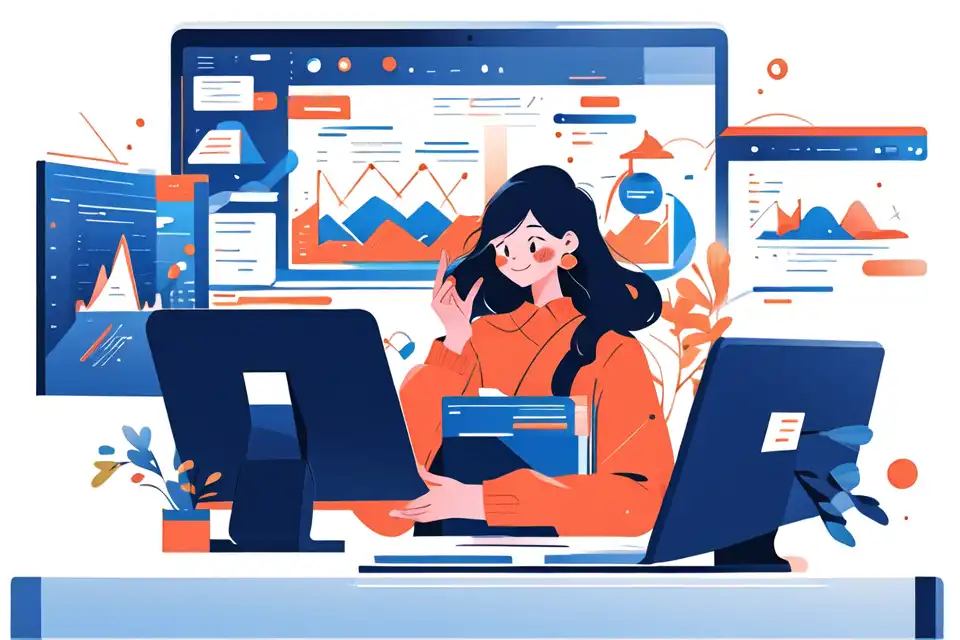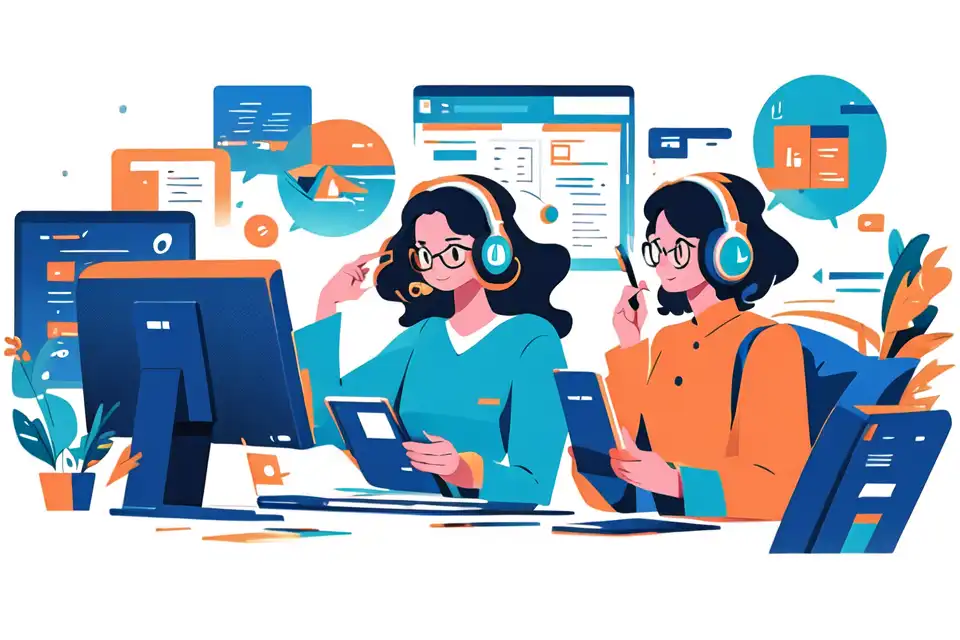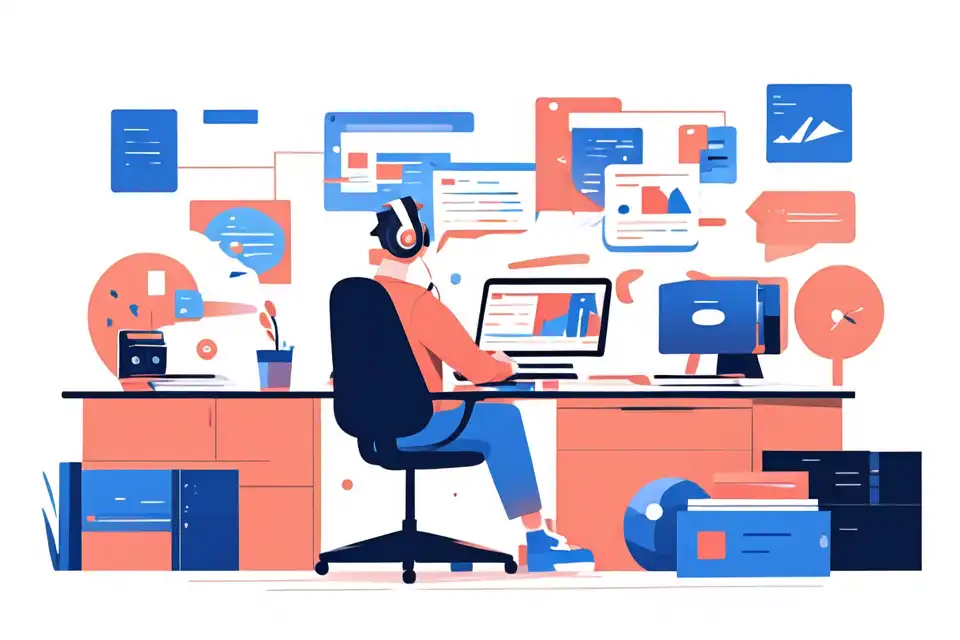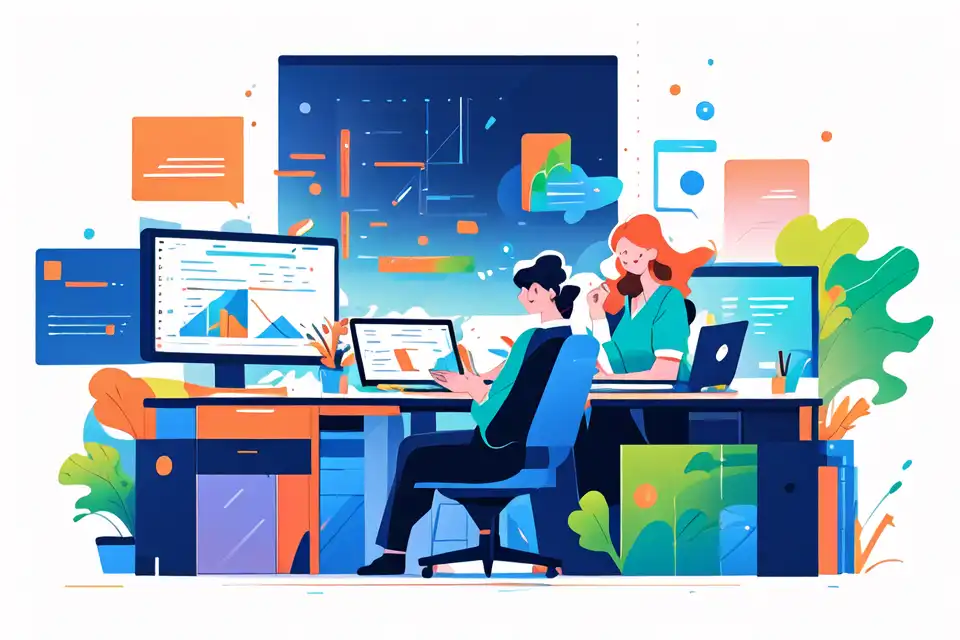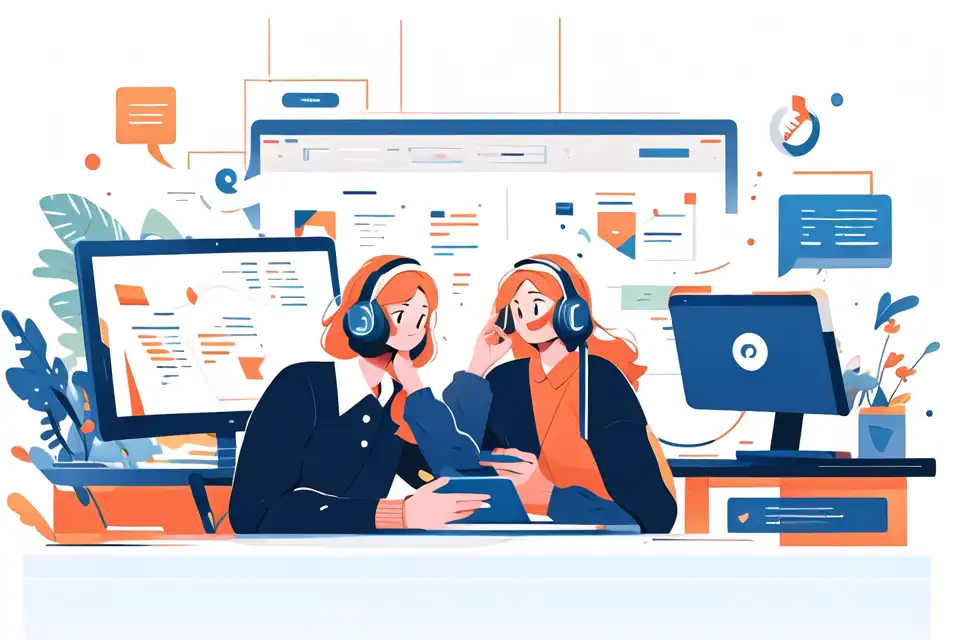Winery Tasting Room Consultant (10am-6pm)
Explore the essentials of winery tasting room consultant 10am 6pm schedule: Understand how it is used across frontline industries, its pros and cons, and the best practices. Dive into real-world examples, variations, and FAQs in our comprehensive guide.
Try Lark for Free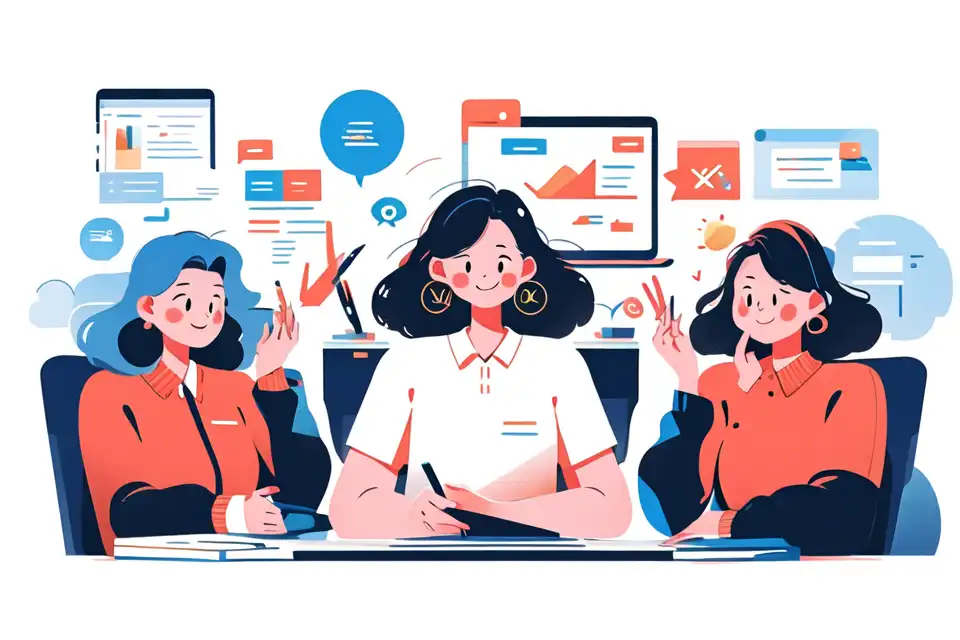
Winery tasting room consultants play a crucial role in ensuring a seamless and enriching experience for winery visitors. This article delves into the significance, benefits, challenges, and best practices of the winery tasting room consultant schedule. Delve into a comprehensive overview as we explore its impact on key industries, examples of successful implementations, and practical strategies for effective management.
Get Lark for time attendance tracking today.
What is the winery tasting room consultant schedule and how does it work?
The winery tasting room consultant schedule entails the strategic allocation of personnel during peak visiting hours at wineries. This specialized schedule ensures that skilled advisors are available to guide and assist visitors, thus enhancing their experience. It typically operates from 10 am to 6 pm, aligning with the peak hours for winery visits. The growing relevance of this schedule lies in its ability to optimize customer engagement and sales while maintaining operational efficiency.
Overview of Winery Tasting Room Consultant Schedule and Its Growing Relevance
The winery tasting room consultant schedule is increasingly vital in the hospitality and tourism industries. Its unique ability to offer personalized attention to visitors during peak hours greatly enhances customer satisfaction. Moreover, it maximizes sales by showcasing the winery's products effectively, thus contributing to revenue generation.
Explain its Significance in Frontline Industries
In frontline industries such as wineries, the schedule is pivotal in optimizing customer service. It ensures that visitors receive tailored recommendations and have their queries addressed promptly, leading to heightened customer loyalty and positive word-of-mouth. The personalized experience offered by the consultants fosters a deeper connection with the winery's brand, strengthening the overall visitor experience.
Industries benefiting from the winery tasting room consultant schedule
The impact of the winery tasting room consultant schedule extends beyond wineries and encompasses various industries where customer engagement is paramount.
Key Industries and Roles Benefiting from Winery Tasting Room Consultant Schedule
- Wine and Beverage Industry: Wineries, breweries, and beverage companies greatly benefit from this schedule as it directly impacts sales and brand promotion.
- Hospitality Sector: Hotels, resorts, and event venues implementing the consultant schedule witness enhanced customer satisfaction and increased sales of related offerings.
- Tourism and Destination Management: Tourist attractions and destinations that involve wine and beverage experiences find significant value in employing tasting room consultants for an enhanced visitor experience.
Examples of winery tasting room consultant schedule in practice
Example 1: boutique winery in napa valley
Example 1: boutique winery in napa valley
A boutique winery in Napa Valley implemented the tasting room consultant schedule during weekends and reported a 30% increase in wine sales within the first quarter. Visitors praised the personalized service and in-depth knowledge of the consultants, leading to an uptick in customer retention.
Example 2: craft brewery tasting room
Example 2: craft brewery tasting room
A craft brewery in a bustling urban area adopted the consultant schedule, resulting in a 25% rise in the sales of their signature brews. Visitors appreciated the tailored guidance and engaging interactions facilitated by the consultants, ultimately boosting the brewery's customer base.
Example 3: vineyard resort and spa
Example 3: vineyard resort and spa
A luxurious vineyard resort and spa introduced the consultant schedule for their wine tasting events, culminating in a 40% surge in event bookings. The consultants' expertise elevated the overall guest experience, compelling attendees to extend their stay and partake in additional resort activities.
Uncover Industry Best Practices with Lark x Management
Advantages of implementing winery tasting room consultant schedule
The implementation of the winery tasting room consultant schedule yields various advantages for both businesses and employees.
- Enhanced Customer Experience: The personalized attention provided by consultants significantly enriches the visitor experience, leading to enhanced customer satisfaction and loyalty.
- Increased Sales: By effectively showcasing products and providing tailored recommendations, the schedule directly contributes to higher sales and revenue generation.
- Employee Satisfaction: Consultants are positioned as brand ambassadors, offering a sense of fulfillment and pride as they contribute to the winery's success.
Challenges of implementing winery tasting room consultant schedule
While the consultant schedule offers numerous benefits, certain challenges need to be addressed for its successful implementation.
- Resource Management: Ensuring an adequate number of skilled consultants during peak hours without straining resources poses a logistical challenge.
- Training and Development: Constant training and upskilling of consultants to stay updated with product knowledge and customer service standards is essential.
Uncover Industry Best Practices with Lark x Management
Best practices on effectively managing winery tasting room consultant schedule
Strategies for Successful Implementation
- Thorough Training: Provide comprehensive product training and customer service modules to equip consultants with the necessary skills and knowledge.
- Flexible Scheduling: Implement a flexible scheduling system that accommodates peak and off-peak hours, optimizing resource allocation.
- Feedback Mechanism: Establish a robust feedback mechanism to gauge visitor satisfaction and identify areas for improvement.
- Promotional Activities: Encourage consultants to initiate targeted promotional activities to drive sales and increase visitor engagement.
What are the do’s and don’ts of winery tasting room consultant schedule?
| Do’s | Don’ts |
|---|---|
| - Ensure adequate staffing levels | - Overburden consultants during peak hours |
| - Foster ongoing training programs | - Neglect to effectively communicate brand ethos and values |
| - Encourage consultants to develop rapport with visitors | - Compromise on product knowledge and familiarity |
| - Implement performance incentives | - Underestimate the importance of customer feedback |
Uncover Industry Best Practices with Lark x Management
Variations and alternatives of the winery tasting room consultant schedule
Apart from the traditional consultant schedule, wineries and related industries can explore alternative models to optimize visitor engagement.
- Rotational Shifts: Implementing rotational shifts allows more team members to acquire specialized knowledge and interact with visitors, ensuring consistent quality of service.
- Event-based Scheduling: Adapting the consultant schedule based on special events or peak seasons can address fluctuating visitor volumes more effectively.
Conclusion - should you use winery tasting room consultant schedule?
The winery tasting room consultant schedule has proven to be instrumental in cultivating a memorable experience for winery visitors while significantly contributing to sales and brand promotion. With careful planning, strategic resource allocation, and constant training, businesses across various industries can harness its potential to elevate customer service and maximize sales.
Uncover Industry Best Practices with Lark x Management
Get Lark for time attendance tracking today.

